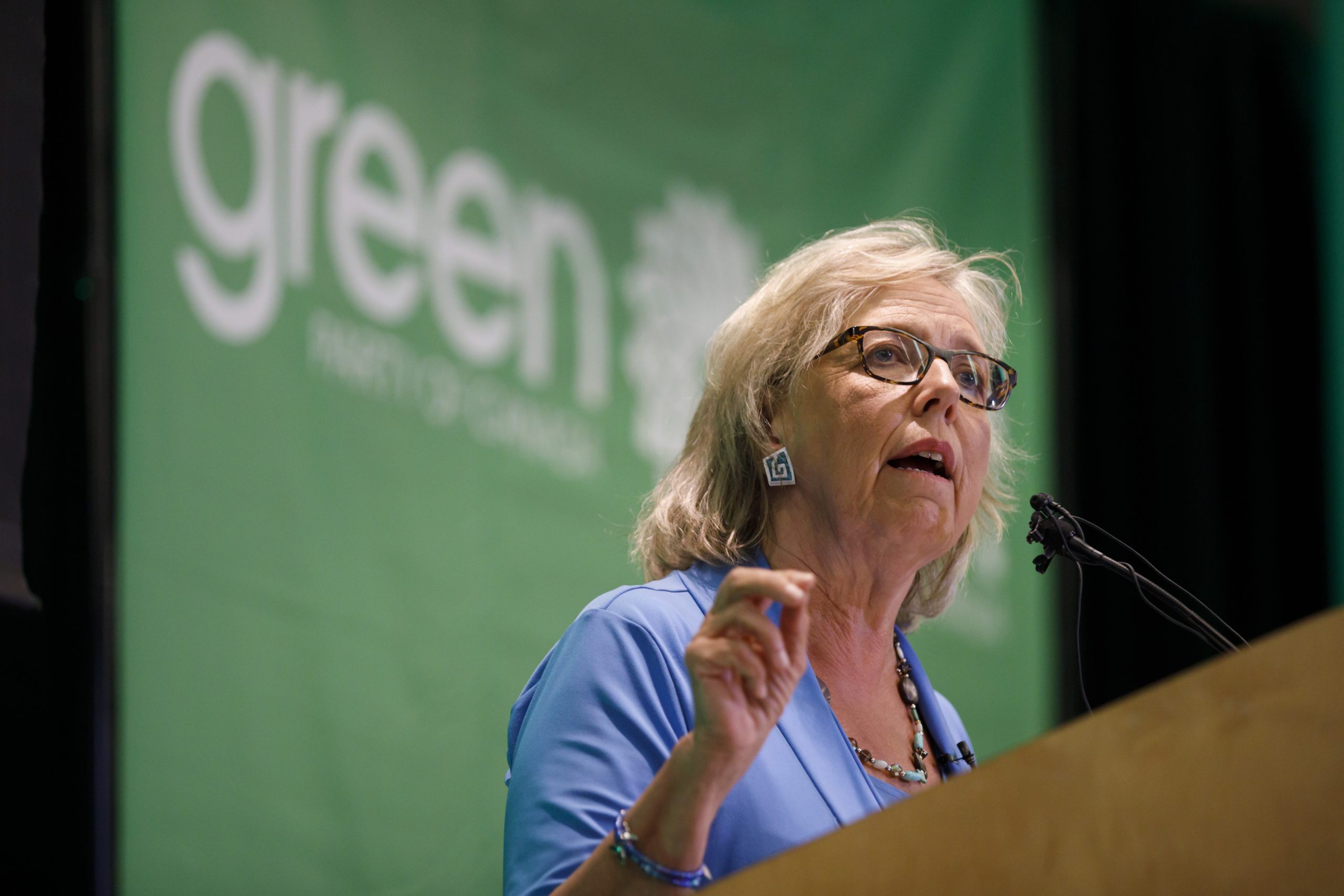OTTAWA— Green Party Leader Elizabeth May has urged fellow party leaders to engage in a private, high-security discussion about the recent foreign interference report that has dominated Ottawa’s political debate. The report, released on June 3 by the National Security and Intelligence Committee of Parliamentarians (NSICOP), highlights attempts by foreign states to meddle in Canadian politics.
May emphasized the need for a secure, media-free setting where leaders with top-secret clearance can candidly discuss the implications of the report. “We need a conversation in a secure location to continue the work that ensures we have the necessary protections in place,” she said. The NSICOP report, heavily redacted for public release, suggests some parliamentarians may have been “semi-witting or witting” participants in these interference efforts.
May, along with NDP Leader Jagmeet Singh, are the only opposition leaders to have reviewed the unredacted version of the report. May expressed relief, stating that none of her colleagues in the House of Commons knowingly betrayed their country. She dismissed fears of a political witch hunt, asserting, “The word treason does not apply to any current, sitting MP, according to the 33,000 pages of intelligence information reviewed.”
In contrast, Singh’s response was one of heightened concern. After reading the report, he claimed it increased his conviction that some parliamentarians are active participants in foreign interference. An NDP spokesperson clarified that Singh’s remarks were not meant to confirm or deny the current status of the MPs referenced.
Prime Minister Justin Trudeau also commented on the report, expressing concerns about some of its findings. Speaking from the Ukraine Peace Summit in Switzerland, Trudeau noted discrepancies between the government’s stance and the report’s conclusions, though he did not elaborate on specific issues.
May reiterated her call for a closed discussion among leaders to resolve interpretative differences. “Progress will come when we sit down together and discuss the details, which isn’t possible in public forums without risking the exposure of sensitive intelligence,” she said. The push for a confidential dialogue underscores the complexities and sensitivities surrounding foreign interference in Canadian politics.


